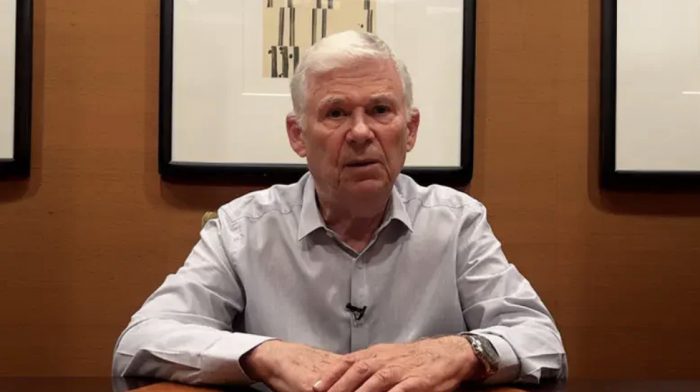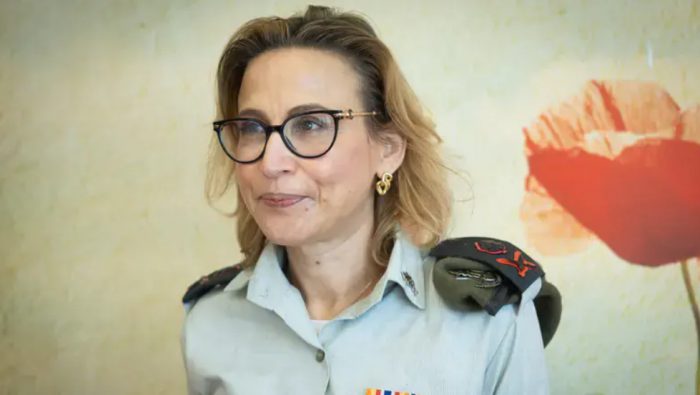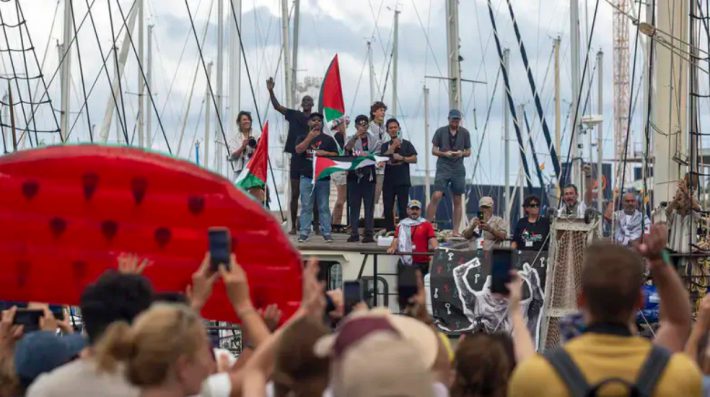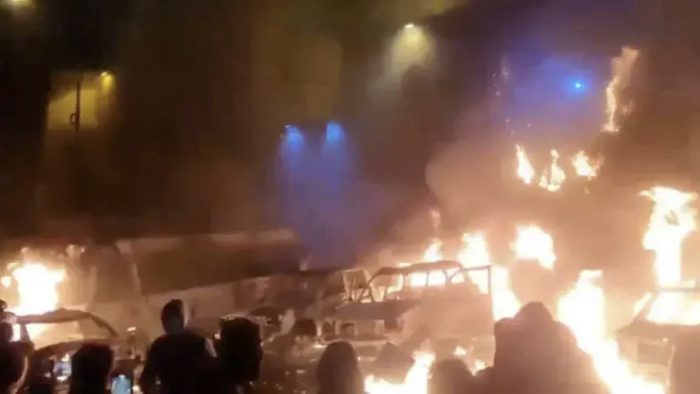A blistering wake-up call: international appeasement, foreign cash and ideological subversion are empowering Hamas and Iran — and only honest exposure, firm policy and a generation-long peace education can stop the slide into global chaos.
Radical Islam’s polished rhetoric and strategic deception — backed by financial clout and cynical political cover — are not accidental byproducts of geopolitics. They are components of a coordinated campaign that undermines free societies, erodes democratic institutions, and manufactures chaos while cloaked in the language of grievance. What appears as restraint or “even-handed” diplomacy by some Western leaders is often fertile ground for malign actors to regroup, radicalize, and strike again.
Instead of confronting this reality, too many of the world’s self-described guardians of order have chosen appeasement, transactional favor-swapping, or bureaucratic indifference. That failure of leadership hands a strategic advantage to terror networks — and to the states that bankroll and shelter them. Hamas has vowed repeatedly to destroy Israel; Iran labels Israel the “Little Satan” while nurturing proxies, expanding missile and nuclear capabilities, and forging military-technological ties with actors like China, Russia and North Korea. These are not benign investments in domestic infrastructure — they are deliberate means to project power and shield aggression.
Qatar’s billions in global philanthropy and education, its lucrative commercial ties, and its practice of hosting unsavory political actors cannot be treated as neutral. When a state provides sanctuary and leverage to violent organizations, offers diplomatic cover while pocketing influence, or negotiates in bad faith, it ceases to be an honest broker. Such behavior fuels the same propaganda pipelines that demonize democracies while whitewashing massacres and mass-repression elsewhere.
We must be blunt about what’s at stake. The Islamist ideologues who champion transnational domination — including strains aligned with the Muslim Brotherhood’s expansionist goals — are exploiting migration, global media, and weak rule-of-law environments to spread influence. Mass migration becomes a political wedge when newcomers are not integrated and when bad actors deliberately import social strife. Responsible governments must insist on integration, enforce the rule of law, and refuse cultural coercion under the guise of tolerance.
A clear policy of moral clarity and strategic pressure is overdue. That means exposing propaganda networks, sanctioning and isolating sponsors of terror, and cutting the financial and diplomatic lifelines that sustain them. It means insisting on verifiable demilitarization in any negotiation, and refusing “peace” that merely rewards violence or cedes security and sovereignty.
Crucially, a generation-long investment in verifiable, universal education for peace — teaching critical thinking, civic loyalty, and reconciliation — is the only durable antidote to the infectious cycle of hate. Media literacy, curricula that privilege human rights over sectarian narratives, and truthful translations of regional rhetoric (as organisations such as MEMRI do) must become global priorities. Only by confronting lies with facts and propaganda with transparency can the international community inoculate itself against manipulation.
Finally, liberty is not preserved by timid compromise. A bad peace — one that legalizes and legitimizes terror power structures — is worse than the status quo. If democracies value their freedoms, their lands, and the lives of their citizens, they must unite in exposing, marginalizing, and dismantling the networks and ideologies that would see those freedoms extinguished. The choice is stark: stand by principle, strengthen alliances with reliable partners like Israel, and act decisively — or watch permissive diplomacy hand us a darker future.





